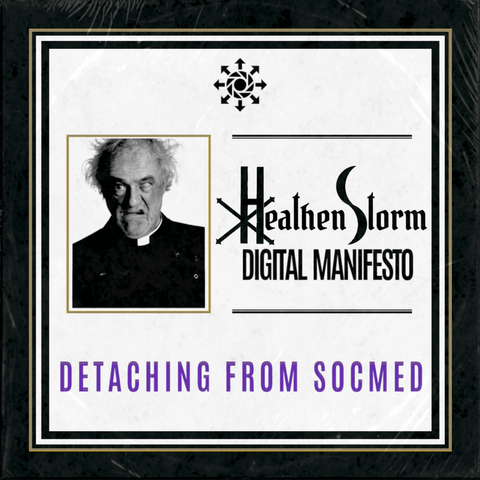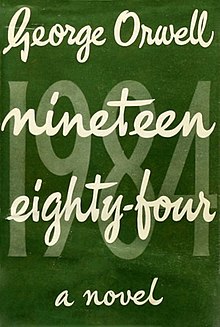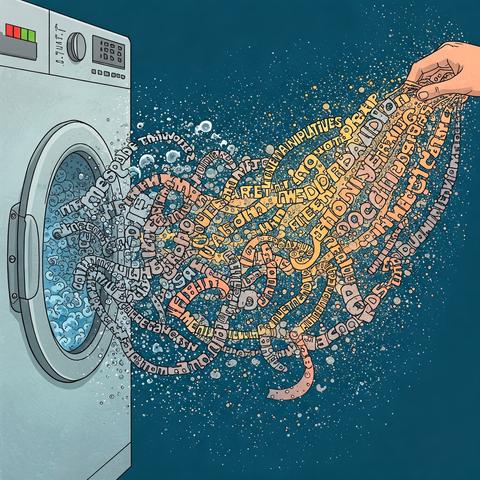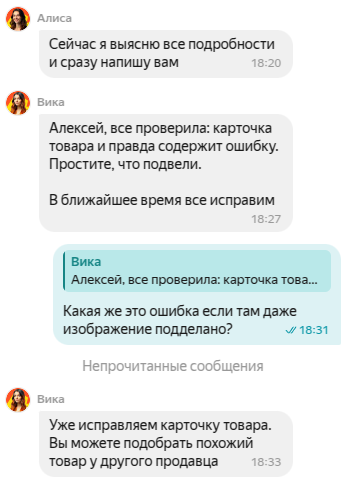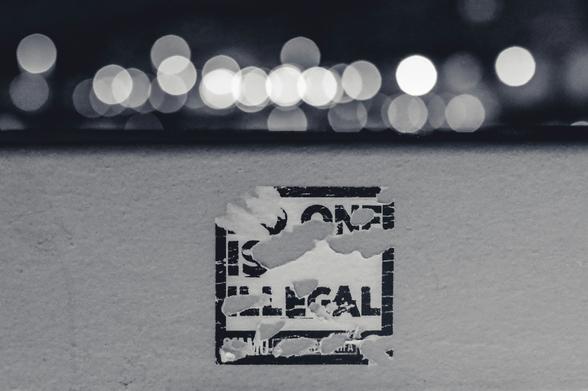Detaching from SocMed
It has become the fashion for folk to announce, very publicly and performatively, their departure from current Social Media accounts. Moving on to other sites, or even switching off entirely, due to changes of company ownership and the incessant swing of the political pendulum.
Protesting against the new regime, they isolate themselves against loss of agency. Under the lurking threat of censorship, shadowbanning, cancellation or worse for daring different thoughts to the trend of the time.
Most know me from the music industry and other creative endeavours, but I also sustain a decades-long interest in technology’s cultural impact. Occasionally dabbling in a very sensible software career between the fun stuff, but always aware of the patterns and paradigms that influence how we reach across the æther.
The next few posts, although a tad niche to the layperson, represent a ‘Digital Manifesto’ of sorts. A means to reclaim freedom from SocMed, but in no way intended to replace vital real-world contact.
I use the portmanteau “SocMed” deliberately to define both the mechanics of Social Media and the collectivism which has evolved around it. A contraction to evoke Orwellian Newspeak, and a reminder that words have precisely the power we grant them.
Despite the ubiquity of the great distraction, there was a time before all of this. Through reflecting on the promise of the Internet that was, I propose another way to sustain an independent online presence. An alternative which can work with newer technologies, retaining the ability to connect and communicate across such despised streams without undermining individual integrity…
… and, by necessity, I did it over a year ago.
First, an abridged history.
The World Wide Web as we know it rose to prominence in the early ‘90s, with the first sites essentially static affairs. Webmasters manually wrote their content into flat HTML files, which users passively browsed without direct interaction. As search engines were yet to be, sites were discovered organically through hand-curated, hand-coded recommendation lists, and trust grew organically from areas of personal interest.
Content Management Systems came along to help automate the process, and the blogosphere was born. But communication still occurred via other protocols and applications such as email, newsgroups and chatrooms – tried, tested and very much separate from the newfangled, yet easy-to-use, web browsers.
Then came forum websites, allowing users to submit their own content and respond to others. This enabled the administration of small-scale, interactive communities, run by and for trusted individuals. Available through the same interface as everything else, but strictly limited to the server they were hosted on.
This was a restriction, which the Internet was designed to work around. Through ingenuity, invention, and especially investment.
SocMed arose in the new millennium as the latest, greatest way to dissolve barriers to communication. Users were no longer obliged to navigate countless websites, blogs, forums and other protocols to see and respond to what their friends were doing. Instead, they could receive all the updates they desired on an infinitely scrollable timeline. Hosted on an impersonal, centralised silo with trust abdicated to the algorithm.
Small-scale communities were forced to adapt. Some withered. Some became entrenched and hostile to outsiders. Many moved over along with everyone else, and were accordingly administered by their new host.
SocMed became the killer app. Disrupting, absorbing and mostly eradicating the old through convenience and coverage.
But by channelling the possibility and potential of humanity through corporate-controlled conduits, a malleable sense of self was shaped to malign ends.
Next: A Populace of Plastic People.
https://heathenstorm.com/2025/04/23/detaching-from-socmed/
#censorship #community #culture #freedom #newspeak #orwell #socialmedia #technology #website #DigitalManifesto


